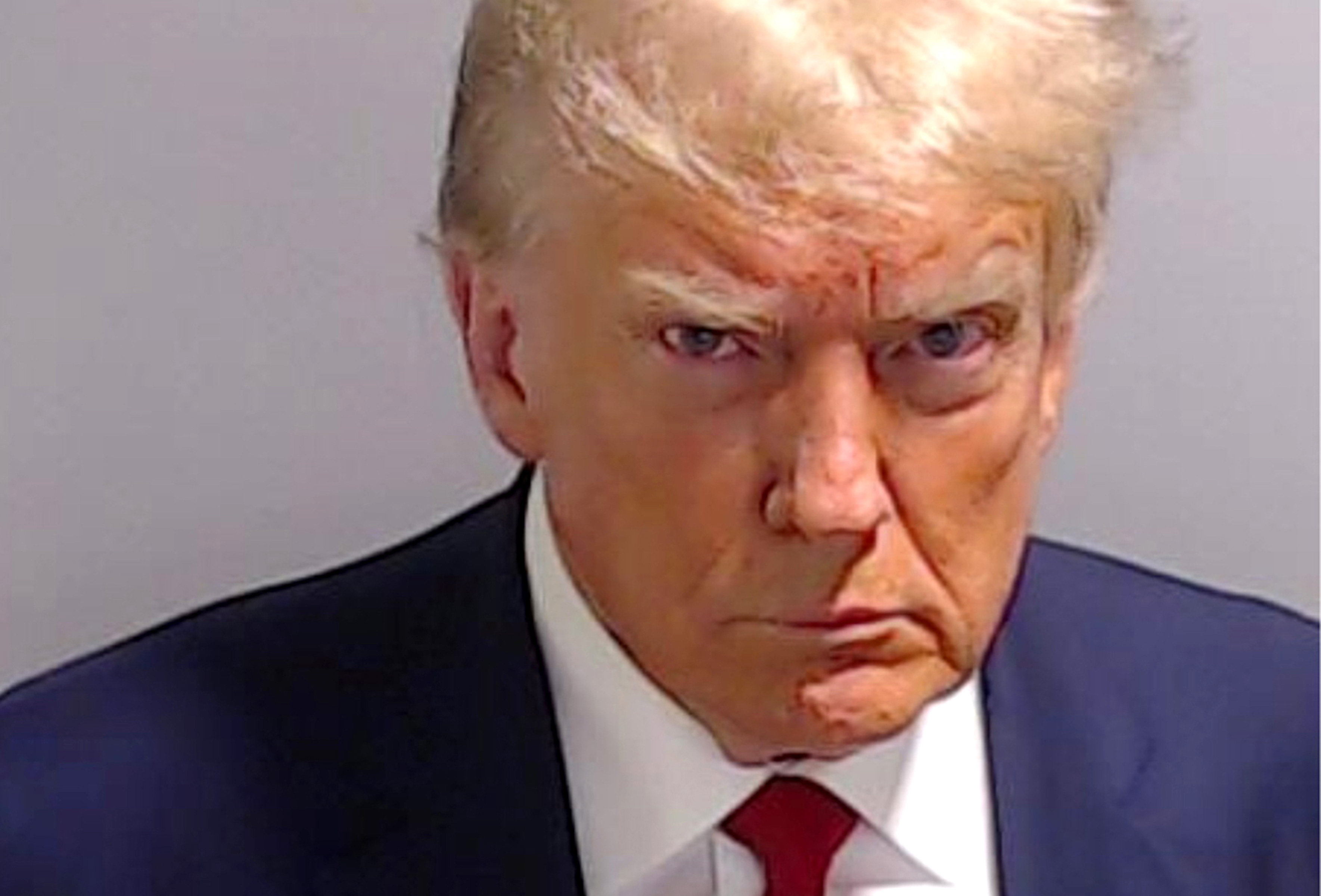
Legal Liability Lurks Behind New Trump Meme
Introduction
The internet is a vast and ever-changing landscape, and with the advent of social media, it has become easier than ever to share information, both true and false. In recent months, a new meme has emerged that has raised concerns about potential legal liability. The meme, which features a photo of former President Donald Trump with the caption "I'm not a crook," is being used by some to spread misinformation about the 2020 election. This has led to concerns that the meme could be used to incite violence or spread disinformation.
The Legal Risks of the Trump Meme
There are several potential legal risks associated with the Trump meme. First, the meme could be considered defamation if it is used to falsely accuse someone of a crime. Defamation is a civil wrong that allows individuals to seek damages from those who have published false and harmful statements about them. In the case of the Trump meme, the caption "I'm not a crook" could be considered defamatory if it is used to falsely accuse Trump of committing a crime.
Second, the Trump meme could be considered incitement if it is used to encourage violence. Incitement is a crime that occurs when someone encourages others to commit violence. In the case of the Trump meme, the caption "I'm not a crook" could be considered incitement if it is used to encourage others to commit violence against those who believe that Trump committed a crime.
Finally, the Trump meme could be considered a form of disinformation if it is used to spread false information. Disinformation is a type of misinformation that is intentionally spread to deceive people. In the case of the Trump meme, the caption "I'm not a crook" could be considered disinformation if it is used to spread false information about the 2020 election.
The First Amendment and the Trump Meme
The First Amendment to the United States Constitution protects freedom of speech, which includes the right to express unpopular or controversial views. However, the First Amendment does not protect speech that is defamatory, incites violence, or spreads disinformation. This means that the Trump meme could be considered a violation of the First Amendment if it is used for any of these purposes.
The Social Media Companies' Role
Social media companies have a responsibility to prevent their platforms from being used to spread harmful content. This includes content that is defamatory, incites violence, or spreads disinformation. Social media companies can take a number of steps to prevent the spread of harmful content, including monitoring their platforms for harmful content, removing harmful content, and suspending or banning users who post harmful content.
Conclusion
The Trump meme is a complex issue with potential legal implications. It is important to be aware of the legal risks associated with the meme and to use it responsibly. Social media companies have a responsibility to prevent their platforms from being used to spread harmful content. By working together, we can help to ensure that the internet is a safe and informative place for all.

0 Comments: